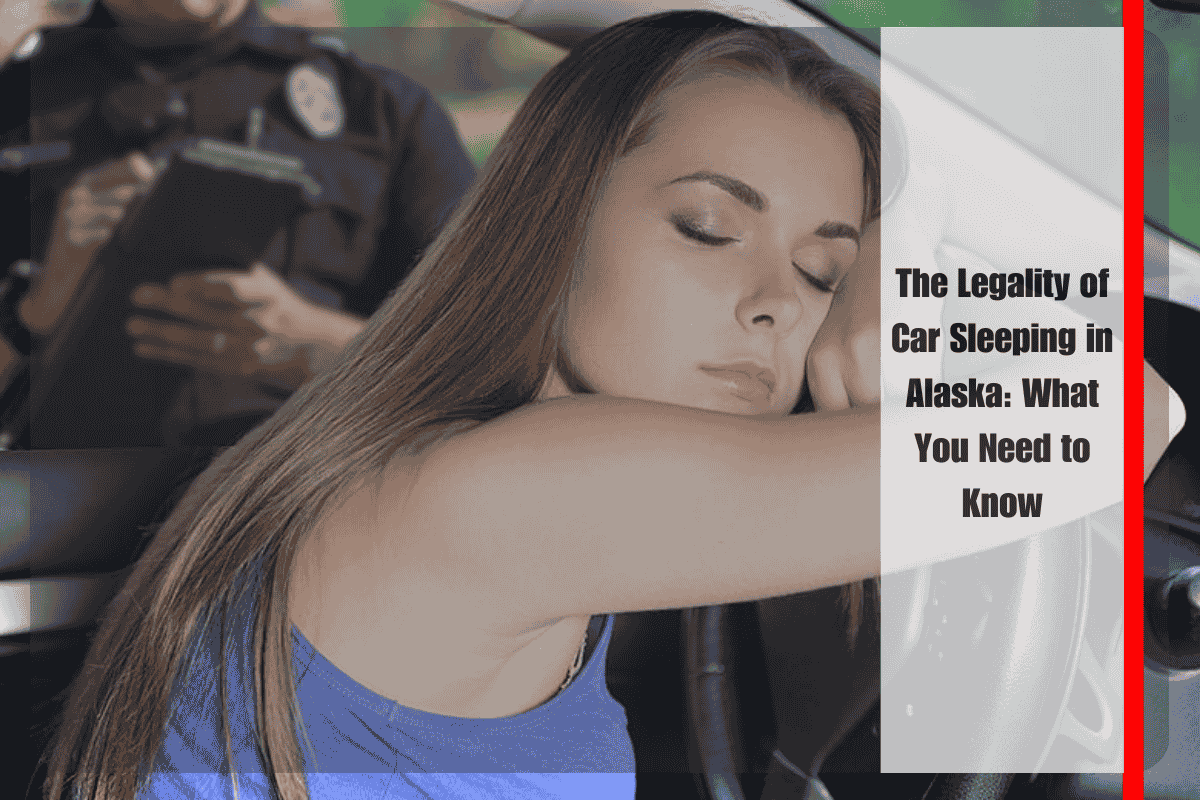Sleeping in your car in Alaska is generally legal, but with some important conditions and restrictions depending on the location. The vast wilderness and abundant public lands in Alaska make it seem like an ideal place to rest in your vehicle, but understanding the specific laws and local ordinances is crucial to avoid fines or other issues.
In most cases, sleeping in your car is allowed at highway rest areas and on public lands such as national forests and Bureau of Land Management areas. Many of these rest stops and dispersed camping areas offer drivers the opportunity to take short or overnight breaks safely. However, extended stays may sometimes be restricted, so it is essential to watch for signs indicating time limits or no overnight parking rules. State rest areas do not generally impose strict time limits on overnight stays, focusing more on safety and proper use.
Campgrounds and RV parks in Alaska typically permit car camping, usually requiring a valid camping fee. Some campgrounds may require pitched tents instead of vehicle stays, so checking rules beforehand is recommended. Private property is off-limits for car sleeping without explicit permission from the property owner, as unauthorized overnight stays on private land are considered trespassing.
Local city ordinances can further regulate car sleeping, especially in urban areas like Anchorage. Some cities prohibit sleeping in vehicles on public streets or have limits on where it’s allowed. Violating these rules can result in fines or being asked to move. Anchorage, for example, has specific regulations surrounding overnight parking and has even considered designated lots for overnight car camping aimed at helping homeless residents.
Certain areas such as construction zones, highway shoulders, and areas marked as no parking zones are also off-limits for car sleeping. Commercial parking lots of businesses often prohibit overnight stays, and it is advisable to ask beforehand if uncertain.
Overall, while it is legal to sleep in your car in much of Alaska, it is important to be mindful of signage, local ordinances, and property rights. Checking with local authorities, camper guidelines, and posted restrictions can help ensure a trouble-free overnight rest in your vehicle. This balance between freedom and regulation aims to maintain safety, respect property rights, and address community concerns while allowing the practical use of vehicles for rest in this vast and often remote state.
Sources
(https://collincountymagazine.com/2025/06/14/the-legality-of-car-sleeping-in-alaska-what-you-need-to-know/)
(https://minehead-district-u3a.org.uk/where-is-it-illegal-to-sleep-in-your-car-car-sleeping-laws-by-state)
(https://alaskapublic.org/news/2025-06-13/anchorage-mayor-wants-to-open-2-overnight-car-camping-lots-for-homeless-residents)
(https://www.ecoflow.com/us/blog/guide-to-overnight-parking-at-rest-areas)
(https://alaskapublic.org/news/2024-06-28/the-supreme-court-says-cities-can-punish-people-for-sleeping-in-public-places)6












